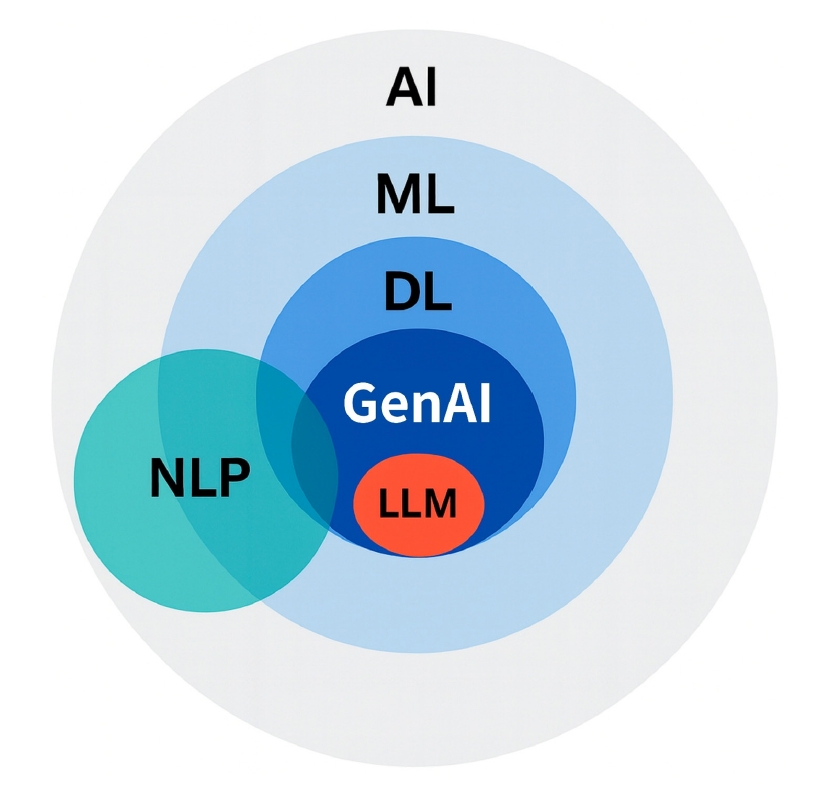
 , Jihyun Ahn
, Jihyun Ahn
Citations

 , Jae Jin Han
, Jae Jin Han , Claire Junga Kim
, Claire Junga Kim , Hee Jung Choi
, Hee Jung Choi , Joo Chun Yoon
, Joo Chun Yoon , Hye-Kyung Jung
, Hye-Kyung Jung , Han Su Kim
, Han Su Kim
This paper aims to describe an outcome-based curriculum development process at a medical school that has difficulty in advancement from the higher stage outcomes to the individual lesson outcomes, and to propose a way to implement it practically.
We reviewed the objectives, strategies and previous products of the school's taskforce activities and suggested the principle of bidirectional approaches of outcome based curriculum development.
The developing strategy identified such as firstly, the evaluation of present curriculum and then, the review of the outcomes developed previously with considering the nation-wide environmental change in medical education. Then, we selected one example course which was focused the resources of the school to, and finally the product of the example course was propagated to the other courses with central monitoring.
Bidirectional model of ‘Top-down’ plus ‘Bottom-up’ approaches could be an efficient way to develop the outcome-based curriculum in a medical school, which has difficulties to advance the developing process due to various reasons including limited resources.
Citations


